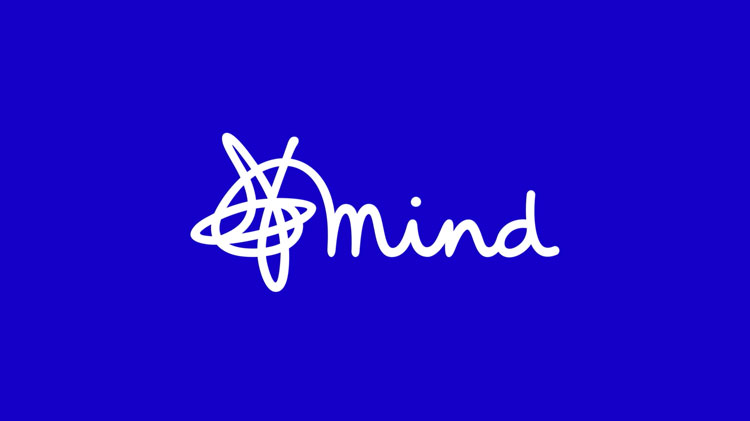Depression
PROVIDED BY

What is depression?
Depression is a low mood that lasts for a long time and affects your everyday life.
In its mildest form, depression can mean just being in low spirits. It doesn't stop you leading your normal life but makes everything harder to do and seem less worthwhile. At its most severe, depression can be life-threatening because it can make you feel suicidal.
"It starts as sadness then I feel myself shutting down, becoming less capable of coping. Eventually, I just feel numb and empty."
When does low mood become depression?
We all have times when our mood is low, and we're feeling sad or miserable about life. Usually these feelings pass in due course.
But if the feelings are interfering with your life and don't go away after a couple of weeks, or if they come back over and over again for a few days at a time, it could be a sign that you're experiencing depression. See our page on the symptoms of depression for more information.
Are there different types of depression?
If you are given a diagnosis of depression, you might be told that you have mild, moderate or severe depression. This describes what sort of impact your symptoms are having on you currently, and what sort of treatment you're likely to be offered. You might move between mild, moderate and severe depression during one episode of depression or across different episodes.
Different types of depression
- Seasonal affective disorder (SAD) – depression that occurs at a particular time of year, or during a particular season.
- Dysthymia – continuous mild depression that lasts for two years or more. Also called persistent depressive disorder or chronic depression.
- Prenatal depression – depression that occurs during pregnancy. This is sometimes also called antenatal depression.
- Postnatal depression (PND) – depression that occurs in the first year after giving birth.
